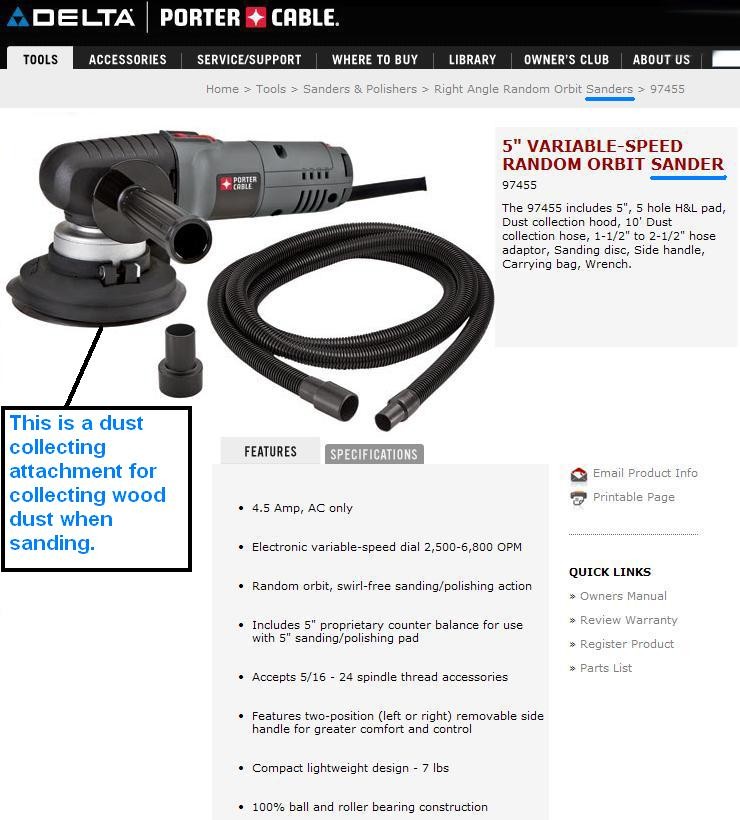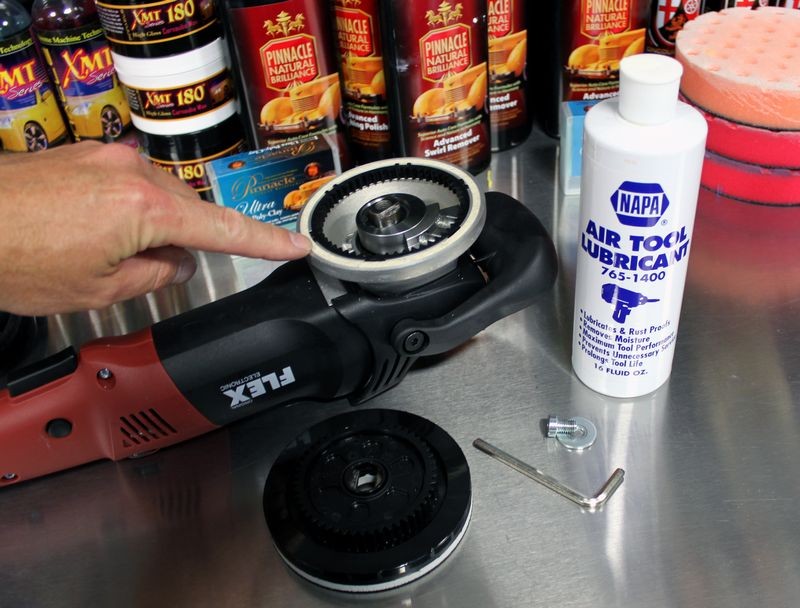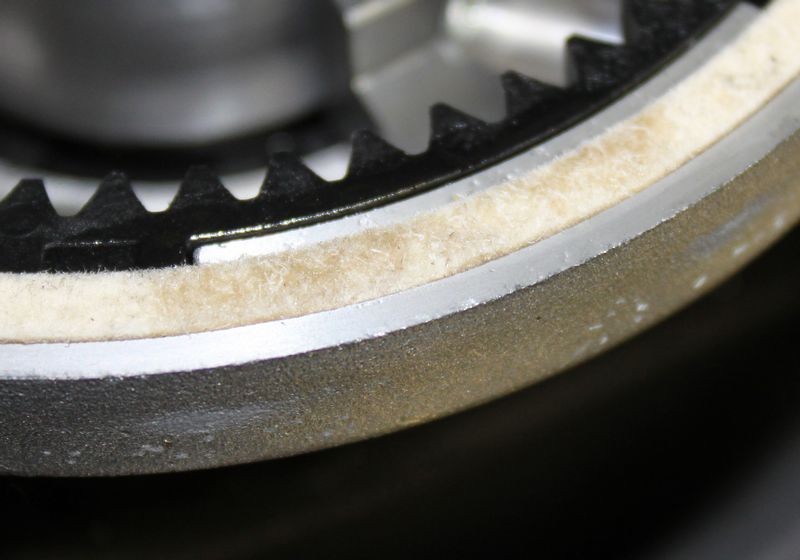Griot's is the worst quality of them all. Why do you think they offer a lifetime warranty? I'm sure Griot's is making a huge amount of profit on the polisher.
You could be right. You could also say they have that warranty because they know it's hit or miss with defective products and they have more hits than misses or maybe their profit margin on it is large enough to carry the misses or maybe the warranty is vague enough to give them an easy out when they determine if it's a defect or user caused damage. Seems to me from my limited research on this subject that they have a wide base of happy customers in a category that fits the description for my needs. I'm not in the professional detail business nor do I need to have the best of the best of everything. I do very little detail work on just my own stuff. If this product does not work or is something I consider to be junk I will simply move on. I don't believe there is a product on the market that is immune to defects or positive and negative personal experiences and feedback. I think you first need to define your own needs then do some research to find a product that best meets those needs. I am one of those people that likes that warm and fuzzy feeling I get from those sometimes useless warranties. I have had some very good experiences with them so I'm not ready to rock the boat. I'm positive there are better machines out there but I liked the design of the Griots and they seem to stand behind their products. We will see I guess.









